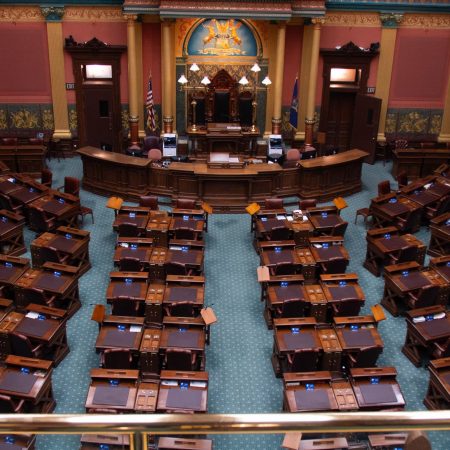The industry for materials key to American manufacturing could receive extra government support under proposed legislation from a Michigan congresswoman.
The bill, called the “Unearth America’s Future Act,” would create new federal loans, tax credits, and programs to spur the domestic production and refining of critical minerals like copper, magnesium and aluminum.
“What this bill is, is focused on public-private partnerships, supply chain opportunities, as well as recyclability, which is something that’s gaining a lot of traction in the critical materials space right now,” U.S. Rep. Haley Stevens (D-Michigan) said about her pending legislation.
Stevens estimates her plan would invest around $10 billion in the industry. It would cover loans, tax credits, partnerships and the creation of a new national center to oversee research and development.
The policy proposal is a response to concerns about China’s dominance in the market for precious metals, especially those used in goods like smart phones or vehicle batteries.
Stevens said that makes both the country’s and Michigan’s current situations untenable.
“Leaving Michigan’s entire manufacturing base on the hook for materials coming from minerals that are refined in China, that’s a risk. And that’s not working,” she said.
The Trump administration has already issued executive orders aimed at increasing the country’s mining capacity, despite environmental concerns. Separately, existing bipartisan bills in Congress are also trying to address that issue.
Stevens, however, said her way of addressing the matter is by taking a similar approach to how the bipartisan CHIPS Act addressed a shortage of American semiconductor chip makers: increasing the capacity for processing and refining already-mined minerals.
“This will increase our resilience here in the United States of America, but it will also increase our domestic production capabilities, which means lowering costs, lowering costs, lowering costs — we need to lower costs, and that’s what this bill’s going to be about as well. And job creation,” Stevens said.


